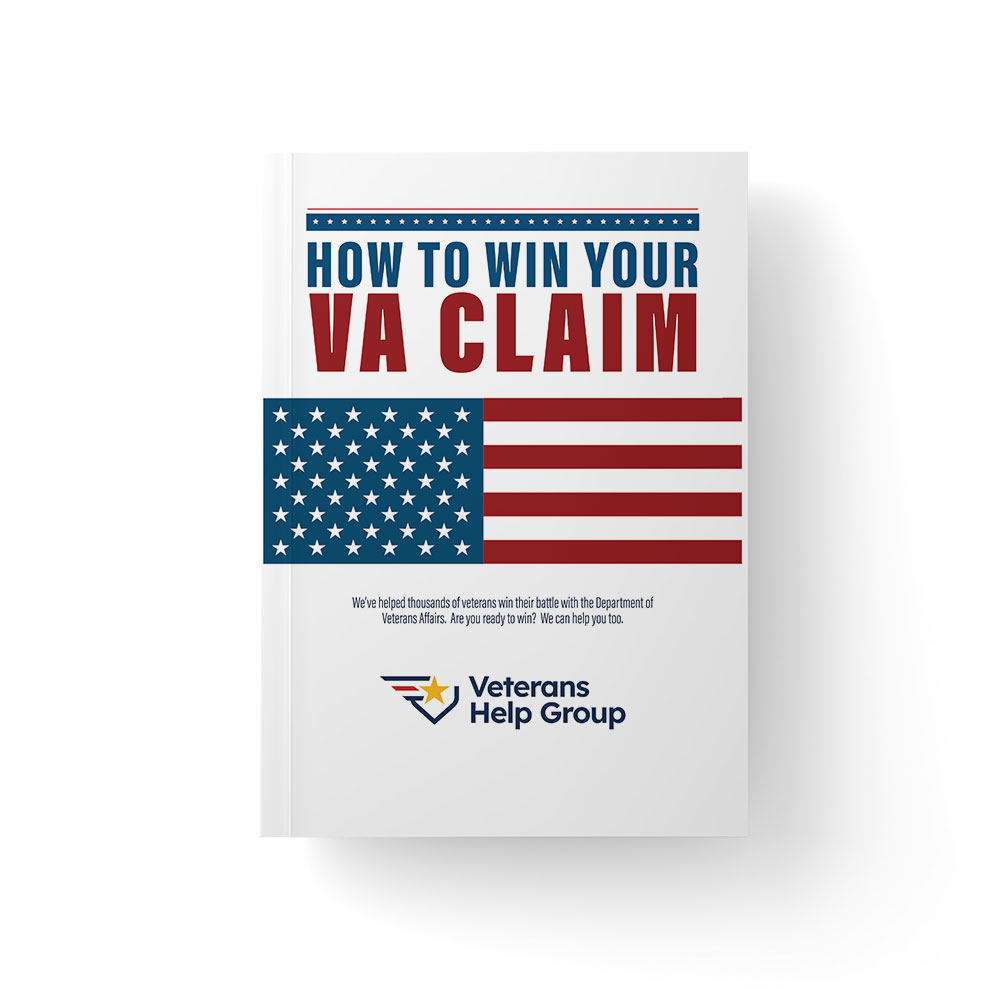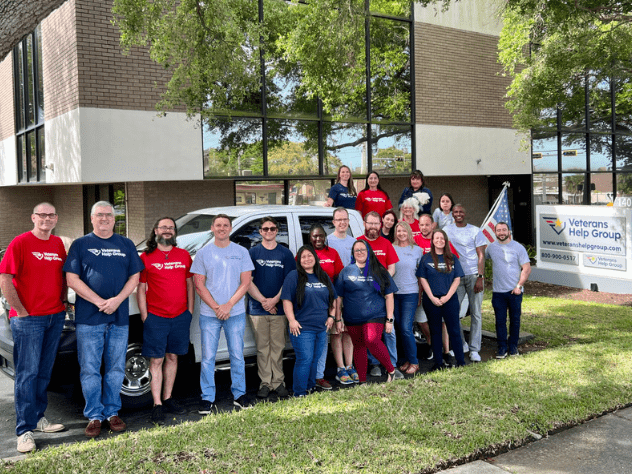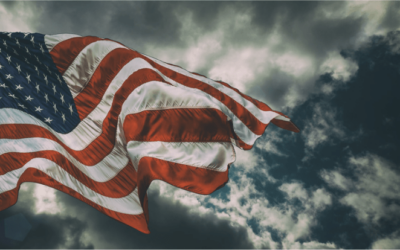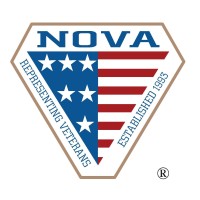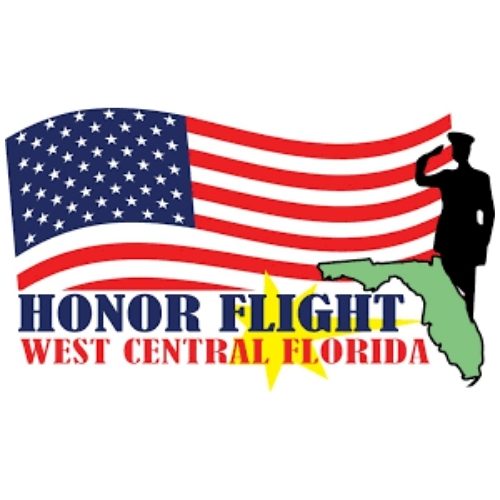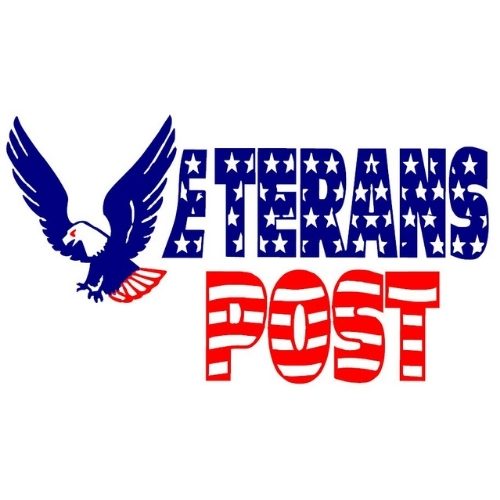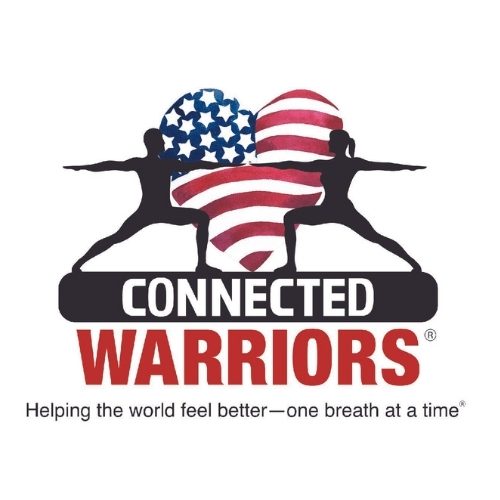Download Our Free Guide Books
WHY VETERANS HELP GROUP?
The VA statistics show that veterans who hire an advocate to help with their VA claims tend to get more money than those that don’t.
The only thing Veterans Help Group does is help veterans and their families get the veterans disability benefits and other benefits they deserve. That’s it… Learn more about us here.
Over
7,000
Veterans Helped
Over
$100M
Won for Veterans
ALL
50 States
Represented
Veterans Help Group IS here to help
Camp LeJeune Water Contamination and Cancer Link New Study Revealed
New Study Reveals Link Between Camp LeJeune Water Contamination and Cancer – MATT SAUERWALD, VICE-PRESIDENT, VETERANS HELP GROUP Matt Sauerwald has...
How Does the VA Rate Irritable Bowel Syndrome (IBS)?
How Does the VA Rate Irritable Bowel Syndrome (IBS)? - Matt Sauerwald, Vice-President, Veterans Help Group Matt Sauerwald has been a dedicated...
The PACT Act: 2024 Healthcare Updates
The PACT Act: 2024 Healthcare Updates The PACT Act was signed into law in August of 2022, creating a long list of new presumptive service...
VETERANS HELP GROUP IS TERRIFIC!
They took over my case when I was feeling overwhelmed and they got results 1 year after I contacted them. Their customer service is above and beyond what I expected and my case manager and lawyer were always pleasant, caring, cheerful, and helpful. They gave me peace of mind and they got results. I’m so happy I found them!
Tell Us About Your Case
"*" indicates required fields
Types of VA Disability Benefits Claims
Individual Unemployment Benefits
Individual Unemployability Appeals
Individual Unemployability Back Pay Claims
Individual Unemployability Denials
Permanent and total disability claims
Total Disability Individual Unemployability
VA Disability Applications
Aid and Attendance Benefits
Applying for VA Disability Benefits
Dependency and Indemnity Compensation
DIC Veteran Widow Benefit
We make it as easy as 1,2,3
And you won’t pay a penny unless we win your case
01. Investigate
We start with a one on one consultation to learn about your case. We gather all the necessary documentation and evidence we’ll need to win your case.
02. Action
We build a strategy based on over 30 years of successfully winning cases. We then work directly with the VA on your behalf, following through, and communicating with you every step of the way.
03. Resolution
We have a 95% success rate in winning cases. We continue to work through the red-tape and battle the VA if necessary until we get the resolution you deserve.




